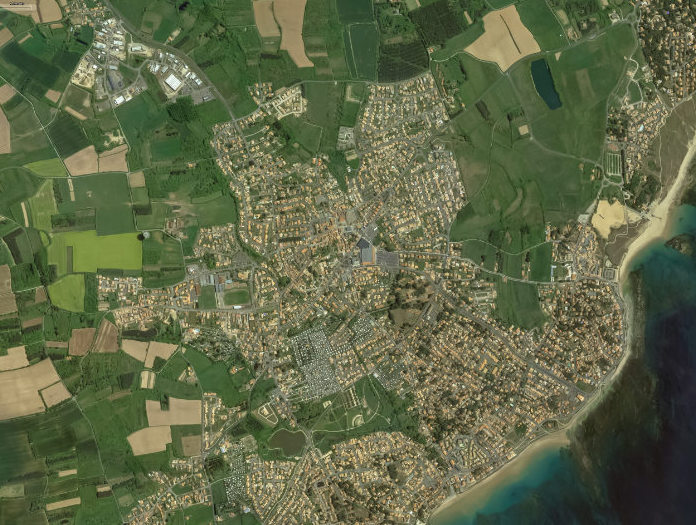Satellite Object Tracking

The objective of the postdoc is to develop a novel multi-object tracking method by combining stochastic models with machine learning approaches.
The multi-object tracking paradigm presents multiple challenges when working on high resolution satellite images. Measurements yield highly cluttered enviroments that increase the difficulty of tracking small moving targets. In addition, we will need to take into account the varying number of objects as satellite videos often present appearing/dissapearing objects. Finally, tracking frameworks need to also estimate the data state at every time instance, given that we have a correct measurement model and a cardinality estimation.
During this postdoc, I will be modeling the system of interest with a probabilistic framework by using the Random Finite Set(RFS) approach. This approach accounts for measurement, cardinality estimation, and state estimation challenges by modeling the measurement vectors and state vectors as finite sets.
During this project, I will be using Probability Hypothesis Density(PHD) filters approach to model the RFS distributions as Poisson Point Processes(PPP) where I will focus on estimating the intensity function of the PPP.
I am currently working on the first part of the postdoc, which requires developing machine learning-based methods to estimate the intensity function of the PPP.
This page will be updated during these two years that I am at Inria.
